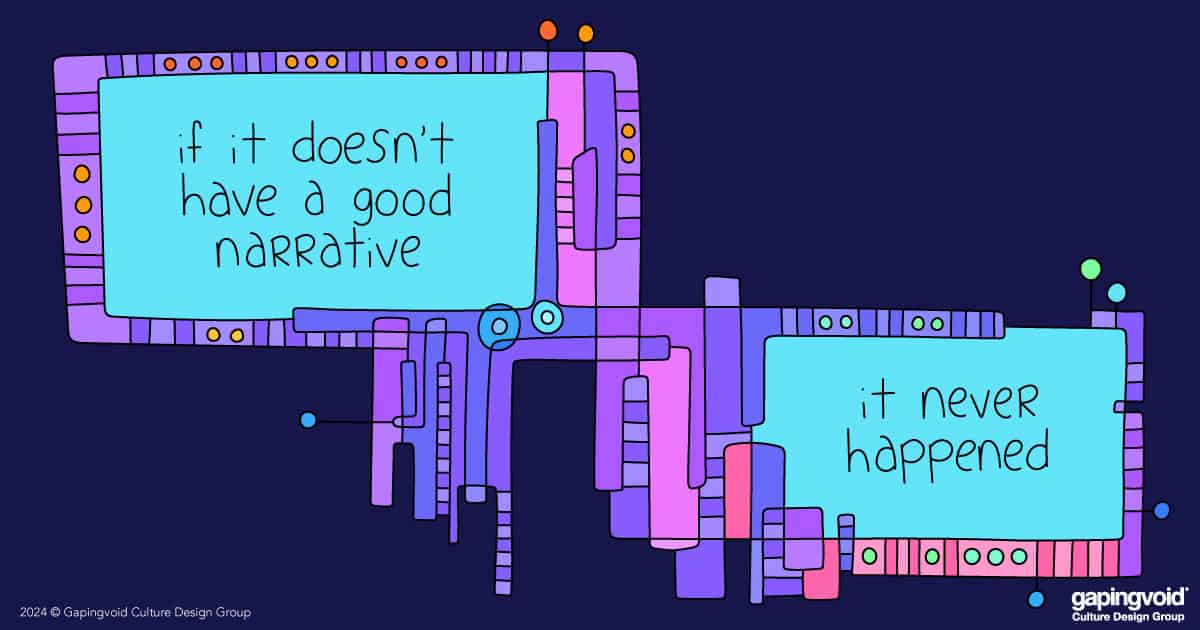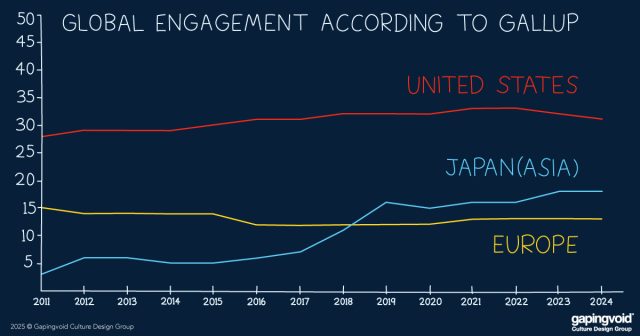
As anyone who follows British current affairs will know, the people are REALLY angry at the moment.
It turns out hundreds of UK sub-postmasters were wrongly accused of stealing. When the real culprit was faulty enterprise software to help manage transactions.
Instead of digging into what was really happening, the UK started accusing post masters of theft, leading to hundreds of people being wrongly prosecuted, 100+ people being sent to prison unjustly, and in some cases suicide. Not to mention all the collateral damage of financial reputation and financial ruin.
The investigation is still ongoing, but there’s been massive accusations of a cover-up, everywhere from the CEO of the Post Office and senior executives, to Government ministers, to the software contractor (Fujitsu UK). Even the former Prime Minister, Tony Blair, has been said to have egg on his face.
The interesting thing is why it’s getting so much attention now. Tony Blair left office in 2007. The last person to be prosecuted was in 2015. The first journalist to write about it was in 2009.
This story is over a decade old, but it didn’t really ignite until this year, when on January 1st, ITV, the most downmarket of the 4 main terrestrial TV channels, released a four-part miniseries based on the events: a David vs Goliath drama called Mr Bates vs The Post Office.
What caused the sudden attention and care? Storytelling. Small stories that the big media fail to pick up simply don’t have the same punch as a well-told TV drama that grabs the audience by the heartstrings by the millions. It has both quality AND scale.
This ability to evoke real emotion in people is the difference between impressing an editor with your journalistic prowess and inspiring people into actual action at scale. Reading an informational article about a post master in a village far away from you is not the same as reading Dostoyevski.
While it’s a sad story, this series is a great example of how important great storytelling is to achieving any important desired outcome in business or otherwise. Narrative is not just how we amuse ourselves around the campfire or the movie theater, it’s the central way our species makes sense of the world and takes action. Narrative is what remains, everything else gets washed out to sea.
Most businesses don’t give this idea much thought or investment. The ones who do, however, have a potentially huge advantage over the competition.



